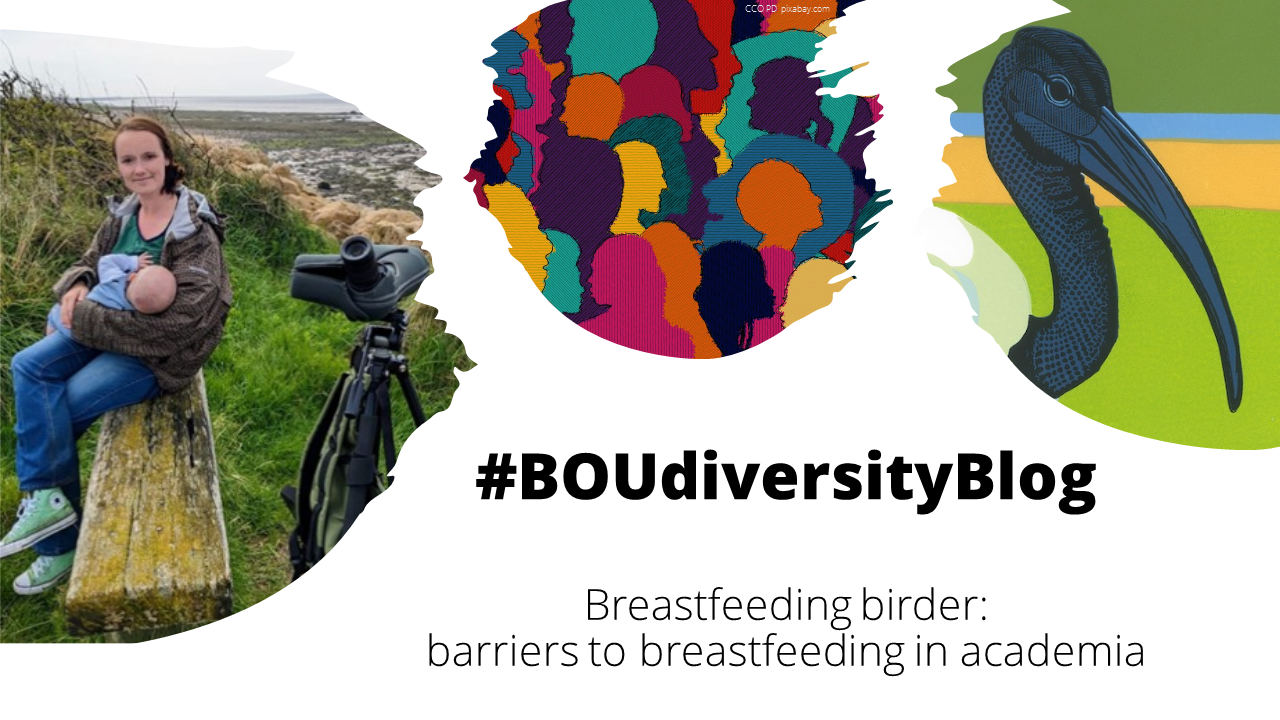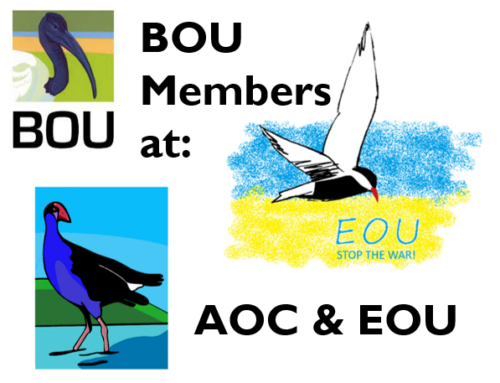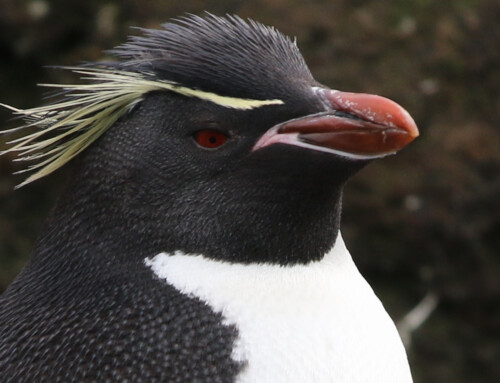Regardless of its numerous benefits to health, social justice, and the environment, current breastfeeding rates in the UK are among the lowest in the world. Surveys show that 80% of women want to breastfeed, and yet due to a lack of information and support, less than 2% of UK infants are exclusively breastfed for six months (which is what is recommended by the World Health Organisation). The UK Government were urged last year to put breastfeeding on their agenda, with particular pressure from Dr Ernestine Gheyoh Ndzi, Associate Dean for Law and Policing at York St John University and active advocate of parental rights and breastfeeding. She has made a documentary to showcase the benefits and positive impacts of breastfeeding to the environment, health, work and economy. If you are interested in this topic, you can watch the documentary here:
There are a number of barriers to breastfeeding success in the UK. When I was pregnant, much focus of support from medical professionals focused on labour and little on what happens once you have the baby. Breastfeeding briefly featured in a booklet of information, but no in-depth discussion was offered where I could gain more detailed information or learn about what support would be available. It turns out that breastfeeding does not feature in medical professional training, and it certainly does not feature in the curriculum at school in subjects like human biology. Therefore, there is an imbalance of information on infant feeding that sways towards using formula as the predominant (and often, only) form of milk for a newborn. Mothers do not have sufficient support to make an informed decision on how to feed their baby and this is exacerbated by the aggressive marketing of formula. These companies often present misleading and manipulated information via mainstream advertising outlets, so better marketing regulation is needed. Also, one thing that blows my mind as a breastfeeding mum is how good for the planet it is – I make my own milk, tailored with a formula specific for my baby and what they need, and the correct amount. Supporting breastfeeding would reduce the negative planetary impacts from formula milk mass production, and significantly help the UK Government achieve its aims of reaching net zero emissions by 2050.
When did you last see a mother breastfeeding in a public space? Yes, public breastfeeding is public in the UK, but there are so many large public places like shopping centres, libraries, museums and universities, that do not have a dedicated breastfeeding space. In the first few months of breastfeeding when I was terribly shy and anxious about doing it publicly, I would hide in my car or in a toilet cubicle. As confidence grew, I then took to feeding in public spaces, but would do my best to feed discretely – as it always generates unwanted interest from a particular cohort (middle-aged men). I have lost count of the number of times I have been inappropriately stared at, gestured at, and even spoken to, about nursing, by members of the public I do not know. I am frequently offered their opinions (almost always negative and judgemental), especially now my son is more than 12 months old. Luckily, I have grown thick-skinned, but this shouldn’t be the way.

Figure 1 Birdwatching builds up an appetite! Spurn Nature Reserve, Spring 2023 © Danni Hinchcliffe.
When I returned to work from maternity leave after 10 months away, this was perhaps the most significant barrier for our breastfeeding journey. There is no legal framework in place to support breastfeeding mothers in the UK. While some employers may have implemented a local policy and/or guidance, it is still at the discretion of senior management, rather than a protected right. We worry that requesting a space to express milk would be an inconvenience, and that colleagues may complain if we are allocated time to pump during the working day – even though breastfeeding breaks should be a standard entitlement for all employees. We try to navigate issues such as needing a fridge to store milk when we are not allowed to have our own (self-bought) fridge on site. We should not have to draw attention to ourselves, and rely on management’s goodwill, to do something as natural as feeding our children. This is why we are calling on the Government to provide a national policy on breastfeeding in the workplace. It should be an environment that empowers and supports breastfeeding mothers. Indeed, having a supportive breastfeeding culture in the UK itself beyond the workplace, could increase the rates of breastfeeding significantly, according to UNICEF (considering that breastfeeding is not possible for every mother, and based on breastfeeding rates in comparable European countries with similar population sizes and demography to the UK).
As a final note, I feel utterly privileged to have been able to have a breastfeeding journey with my child. It has been the most natural and fulfilling thing I have ever done, but it was far from easy. From struggling in the first few weeks to get breastfeeding working for the two of us, to combating the prejudice and then continuing breastfeeding once returning to work. It is physically, mentally and emotionally taxing. Collectively, we can do more to promote and support breastfeeding within our communities. This can be by simply being more aware of breastfeeding and not looking twice at a nursing mother, providing a safe space for them to feed, and considering things they may need (even if it is a glass of water, as breastfeeding fast dehydrates the mother!). The BOU continues to drive for positive cultural change in the ornithological community, so I hope this blog has provided some insight into one way in which we can promote a more equal, diverse and inclusive BOU, through supporting mothers to rear our chicks the way in which works best for us.
Further Reading
“Government urged to put breastfeeding on the agenda for a healthier and fairer UK” from York St John University.




